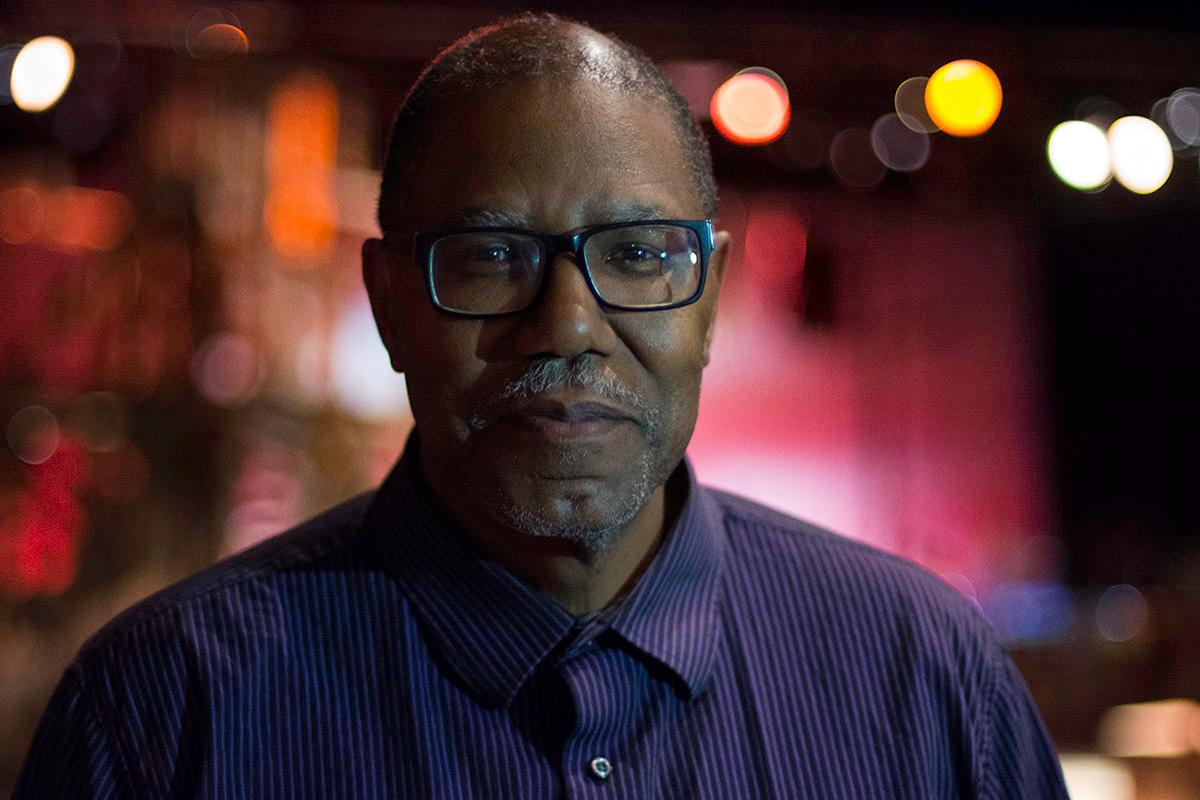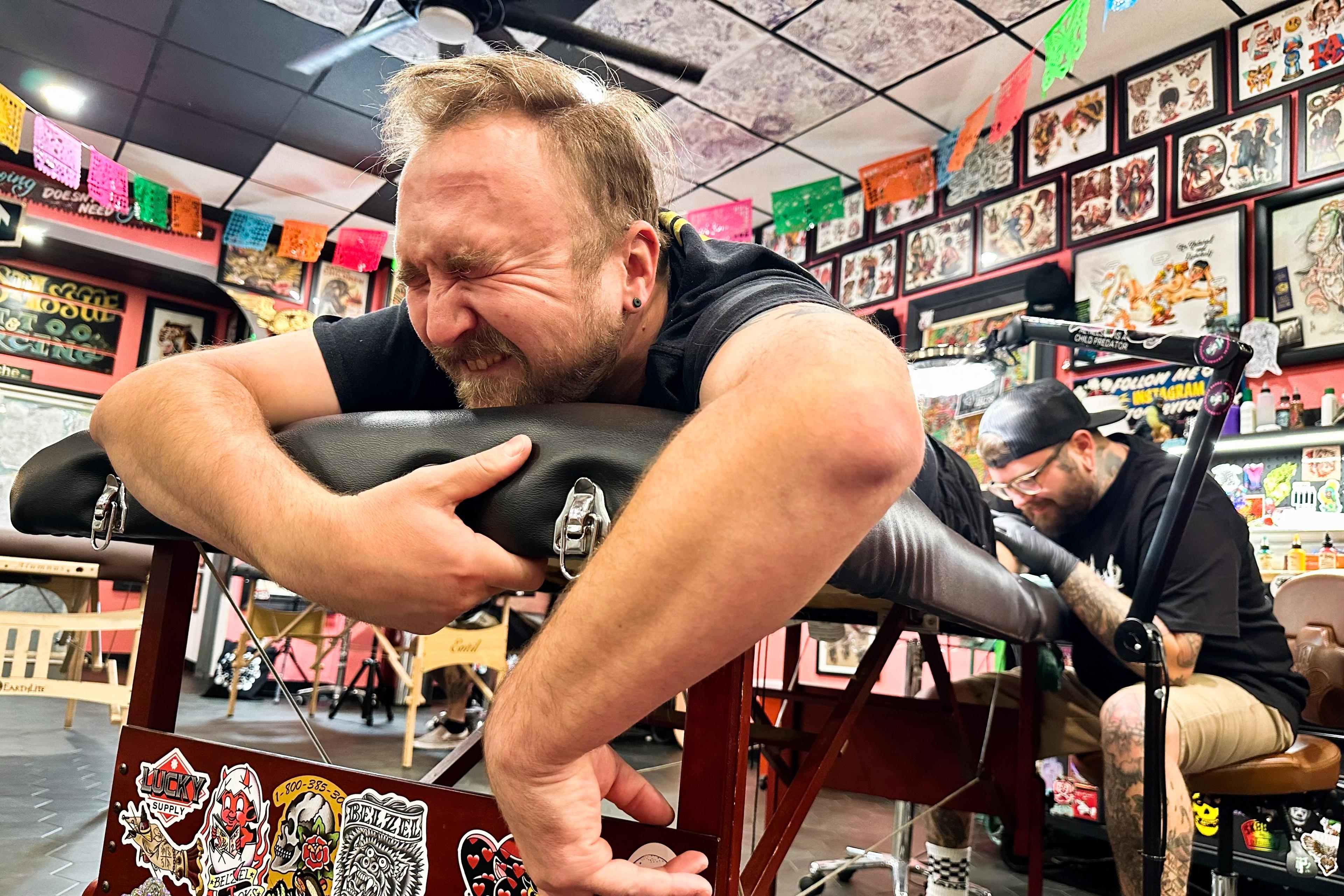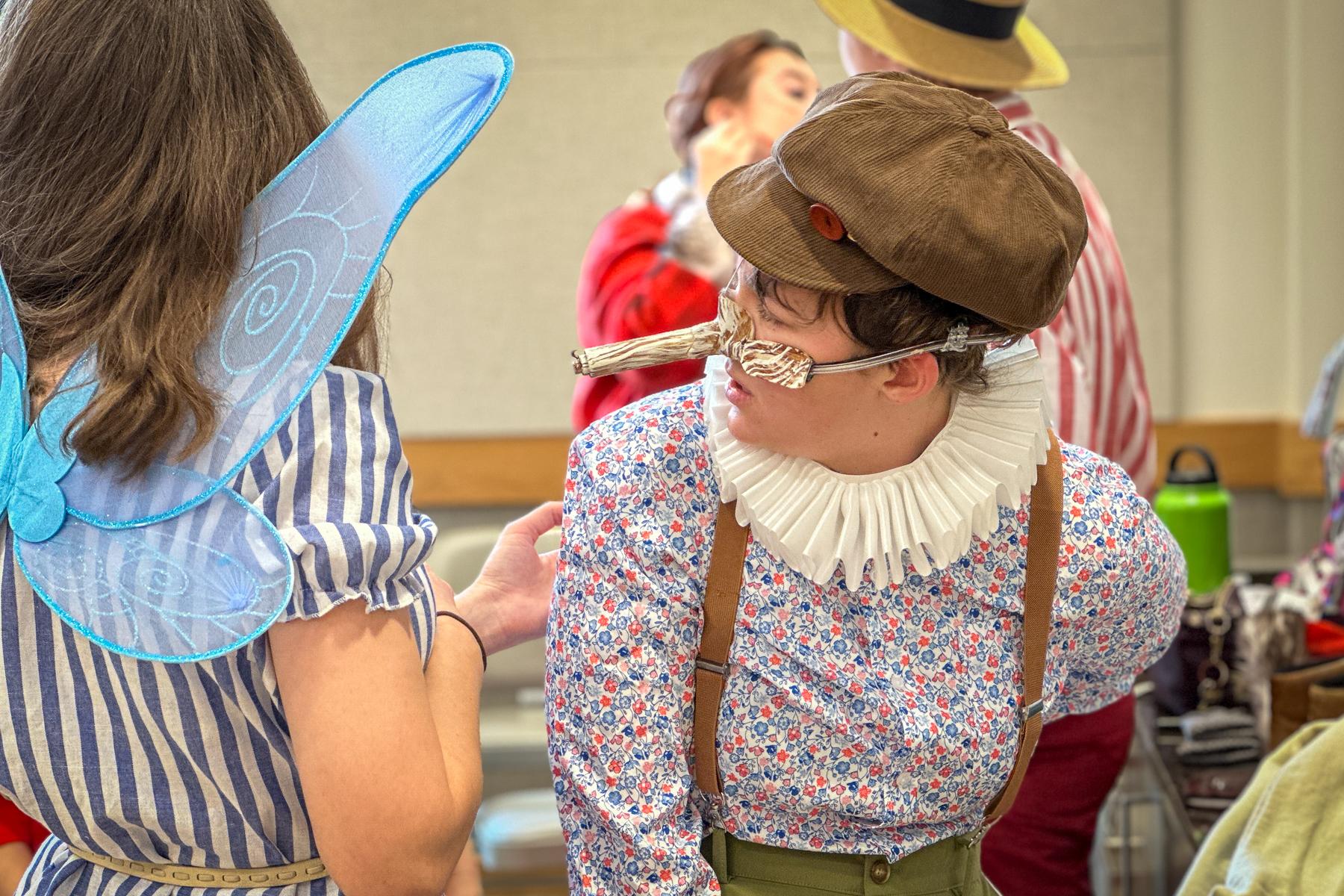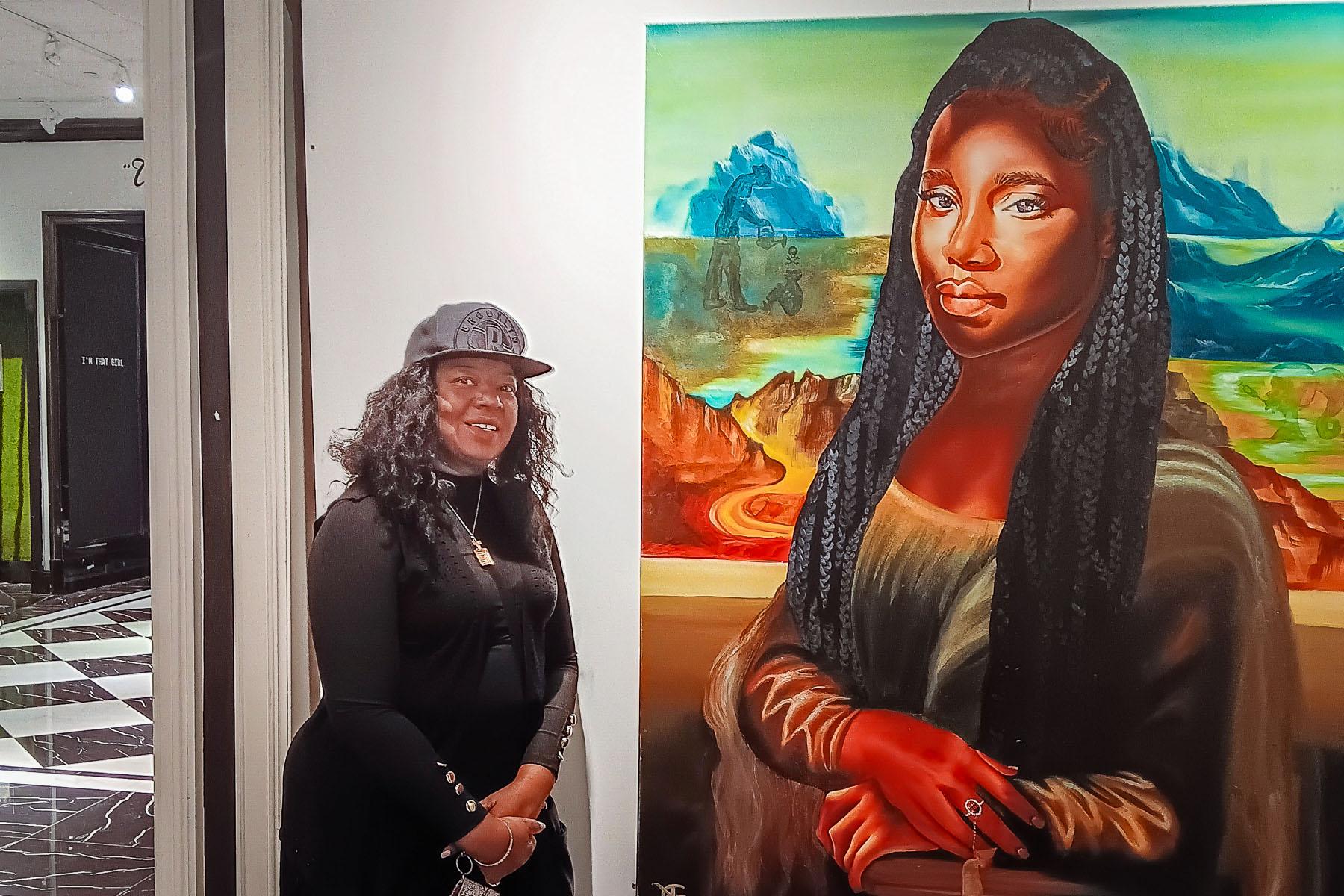
Director donnie l. betts -- the lowercase is intentional -- says he had reservations about taking on a musical theater adaptation of “Porgy and Bess” at The Aurora Fox Arts Center.
"Same controversy that has been with 'Porgy and Bess' since it first was produced in the 30s, still stays with it now," says betts.
It was originally an opera, composed by George Gershwin and a libretto written by DuBose Heyward and Ira Gershwin -- all white men. The show tells the story of an impoverished black community in Charleston, South Carolina. When it debuted in 1935, some called it racist and people have continued to debate if the show is cultural appropriation and reinforces negative stereotypes.
“The initial outing in 1935... was written by a white librettist, the entire production crew down to the stagehands and musicians didn't include a single black person,” says Jodel Charles, the music director of the Aurora Fox production who is Haitian. “Not to mention the stereotypes it promoted: blacks are poor, do drugs and are violent. Fast-forward to today and some of those same stereotypes are being promoted in hit TV shows.”

"The reason I was attracted to it now was become of Suzan-Lori Parks," says betts.
Parks is a Pulitzer-Prize winning writer, who reworked the "Porgy and Bess" book almost six years ago. She stripped out derogatory language and rewrote a few scenes.
Betts says the story, at its core, is still relevant.
"It's about a community that's trying to survive and thrive against all odds," says betts.
The New York's Metropolitan Opera commissioned Gershwin to mount "Porgy and Bess." He wanted an all African-American cast. But, at that time, white singers performed in blackface at the famous opera house. Instead, he opened it in a commercial theater on Broadway.
The musical theater adaptation The Aurora Fox staged is called “The Gershwins’ Porgy and Bess.” It runs through Jan. 1 and coincides with recent panel discussions about diversity in Denver metro theater.
Theater in 2016: Reflecting the world onstage
Ask betts about how the diversity of the Denver and surrounding theater scenes compare to bigger cities, like New York City and Chicago, and he has one word: “Poorly.”
Take a look at Manhattan. It is a multicultural city with a vibrant theater scene. Yet recent studies, such as ones conducted by the Asian American Performers Action Coalition, have shown that New York stages don’t reflect that diversity -- although it has slowly improved over the last decade.
Colorado doesn’t have that kind of research, but there’s long been a concern within the theater community that they do not reflect the state’s changing population. According to the U.S. Census Bureau, from 2000 to 2015, Colorado residents who identify as white have dropped from about 75 percent to 68 percent.
Charles Packard is the executive producer of The Aurora Fox. He says next to the "Porgy and Bess" cast he is “conspicuously white." As the head of a theater organization in one of the most diverse cities in Colorado, Packard says he's made it a priority to bring many voices to the stage.
"Any theater, anywhere, if it's truly serving the community, it's going reflect the community,” says Packard. “It's going look like what's going on there."
For Packard, that has come with a learning curve.
"Traditionally, your main audience is upper middle class, white, highly educated,” says Packard. “There are people that don't feel invited to the theater, and there are shows that have taken their culture and sold it to a white audience. They're not necessarily proud of those stories."
Packard says he approaches programming with an “open heart” and acknowledges what he doesn’t know.
Betts says, to make a theater truly diverse, it goes beyond who you see and hear onstage.
“There's not enough managing directors [of color],” he says. “There's not enough producers, not enough directors, not enough people in decision making areas. That's an area that's still has to be cracked."
And it’s an area The Aurora Fox has yet to crack. Packard says he has a team of five full-time and one part-time arts administrators -- all of them are white.
"So then your next question is am I embarrassed by that?” says Packard. “Absolutely.”
Packard says he hired the best people available when jobs were open.
For director donnie l. betts, the story at the core of 'Porgy and Bess' is still relevant https://t.co/mDksTysnES pic.twitter.com/XVINWr3KZX
An ongoing conversation
Talk about diversifying theater has been going on for years in Colorado and across the country.
Teresa Eyring is the executive director of the national nonprofit Theatre Communications Group, which runs a program called the “Equity, Diversity and Inclusion Initiative.” Eyring says there’s no handbook on how to have these conversations.
"While structural racism exists in our society, and has for a long long time, there is no structured pathway to eliminate it and break it down," she says.
Eyring’s advice is to ensure that the “community whose work and whose lives and identities are going be part of the discussion need to be brought in to say, ‘Does this make sense?’"
These conversations can get uncomfortable and people get frustrated.
Denver's Sheila Traister knows this frustration well. She directed a multi-racial cast in "Arabian Nights" at The Aurora Fox last spring. She’d like to see more action come out of these conversations.
"The Declaration of Independence was written on July 4, 1776,” says Traister. “The Civil War ended in 1865. In 1964, the Civil Rights Act is signed. And people keep telling us, me, give it more time. How much more time? It's just something that you do."
After a recent panel discussion about diversity in Denver theater, hosted by Curious Theatre Company, people exchanged business cards and talked about forming groups. There appeared to be interest in keeping the conversation alive.
But right now there’s no answer to how much time it will take to make Colorado’s stages more inclusive.
CPR News will continue to report on the Colorado theater community and diversity. If you have ideas or stories, email us at [email protected].
Related: Is There A Gender Gap In Rocky Mountain Regional Theaters?








